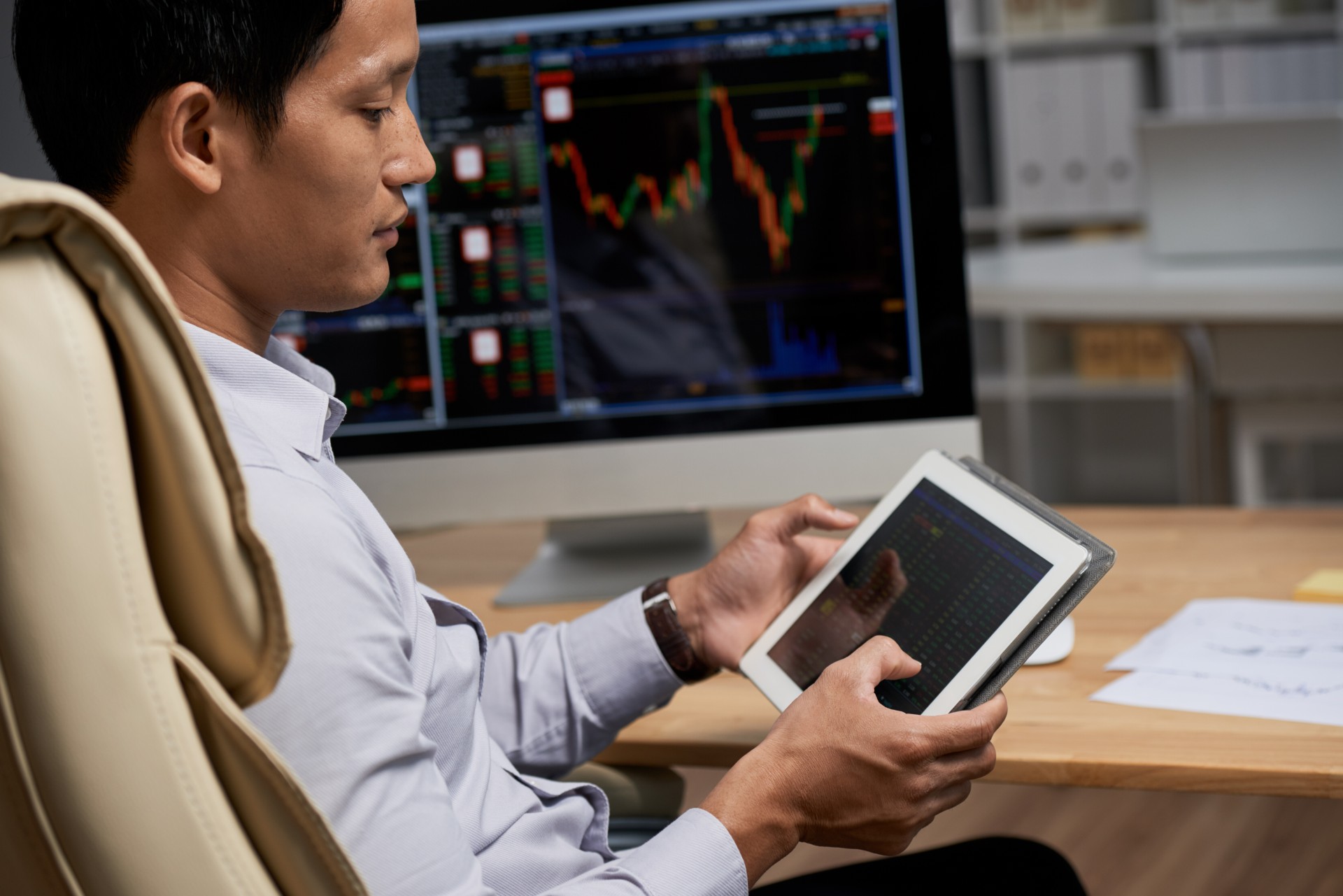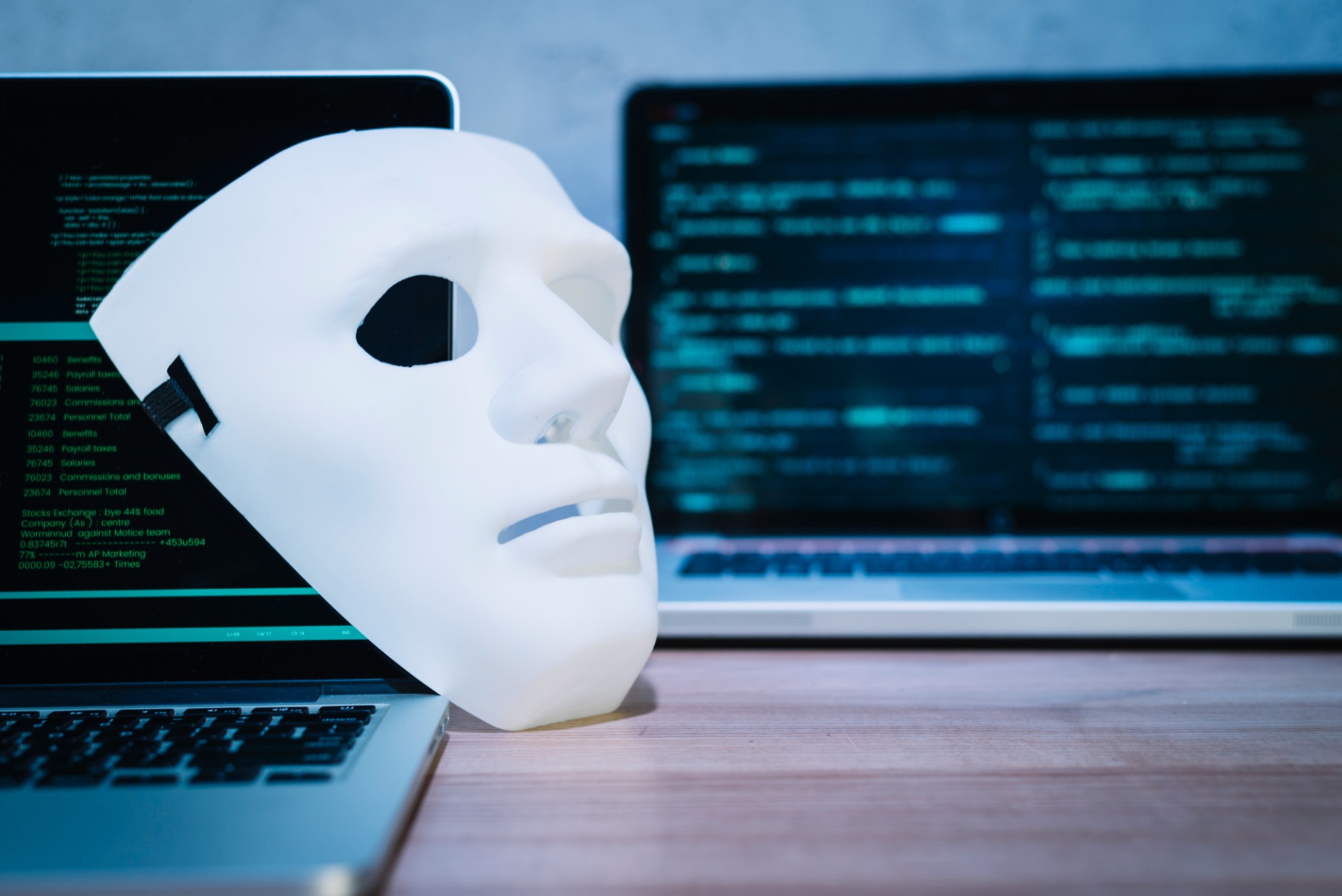Cryptocurrency is gaining rapid global acceptance, and the Philippines has not been left behind. The country, which has a population of over 100 million people, has seen increased crypto adoption as the technology reshapes investments, online payments, and transactions.
According to a 2023 report by Statistica, the Philippine digital asset market is expected to exceed $185,300 (10.3 million PHP) in 2024, representing a 34.5% uptick from 2023.
This growth can be attributed to a rapidly expanding crypto community and crypto-friendly legislation. The industry also benefits from the large Filipino population working abroad, who have turned to cryptocurrency to send money back home due to its speed and lower costs.
Is crypto legal in the Philippines?
As previously stated, one of the key drivers of crypto growth in the Philippines is a crypto-friendly legal framework. But how far does this go?
The two main crypto regulators in the country are the Bangko Sentral ng Pilipinas (BSP) and the Securities and Exchange Commission (SEC). The BSP is the country’s central bank, overseeing all monetary policy, whereas the SEC is the government agency in charge of securities and financial instruments.
Bangko Sentral ng Pilipinas (BSP)
In February 2017, the BSP acknowledged the legitimacy and validity of cryptocurrencies in the Philippines with Circular No. 944, which established the laws and regulations that would govern the assets. According to the circular, virtual currency exchanges must register with the BSP as transfer and remittance businesses before initiating operations.
It is important to note that while cryptocurrencies are a legal method of payment in the Philippines, they are not legal tender as they are not issued by the BSP.
BSP followed up with the Virtual Asset Service Providers (VASPs) guidelines in 2021. These guidelines provided a more thorough picture of the BSP’s stance on cryptocurrency.
Among the highlights of the VASPs guidelines were:
- A VASP must register with the central bank—BSP—before operating in the country
- VASPs must apply Know-Your-Customer (KYC) procedures and follow anti-money laundering (AML) and counter-terrorism funding (CTF) regulations.
- VASPs must implement consumer protection measures against cyberattacks.
Securities and Exchange Commission (SEC)
Unlike its counterpart in the United States, the Philippine SEC is more optimistic about cryptocurrencies. When asked about their position on digital assets during the country’s Blockchain Week last year, Kelvin Lester Lee, the Philippine SEC Commissioner, said the agency was open to the idea. He added that the agency understood that “this is the next step of evolution when it comes to the financial system” and that they would want to “try to accommodate it, subject to appropriate laws.”
The SEC plans to roll out a new legal framework for cryptocurrencies in the country in H1 2024. The legal framework was supposed to be released in 2023, but it was postponed following the collapse of the FTX exchange in 2022.
In November 2023, the SEC issued a public warning against Binance, the world’s largest crypto exchange, claiming that the company was operating illegally in the Philippines. Furthermore, the SEC moved to prohibit Google and Meta from allowing Binance ads in the country.
Crypto Taxation in the Philippines
The Philippine government recently enacted legislation requiring all cryptocurrency holders and traders to report capital gains on their annual tax returns. Furthermore, the government levies a capital gains tax of up to 15% on all cryptocurrency transactions, including profits and purchases in crypto.
As the country’s legal framework for cryptocurrencies continues to evolve, there have been discussions about implementing new crypto taxes in 2024. As a result, it is recommended that you stay up-to-date on the latest developments in this field and seek professional advice to ensure that you remain compliant with the fast-changing laws.
Use cases for cryptocurrencies in the Philippines
Cross-border payments and remittances are the most popular use case for cryptocurrency in the Philippines. Philippine citizens working abroad are required to send at least 10% of their earnings back home to their families. In comparison to traditional banks, cryptocurrencies emerged as a more cost-effective and time-efficient option.
Moreover, the Philippines shares the rest of the world’s enthusiasm for cryptocurrency as an investment vehicle, with citizens engaging in decentralized finance activities such as staking, lending, and borrowing, as well as long-term holding and NFT trading.
Popular Cryptocurrency Exchanges in the Philippines
Crypto traders in the Philippines have over 100 cryptocurrency exchanges to choose from. The tokens supported, local currency (PHP) support, and fees charged are all factors you should consider when deciding which exchange to use. Based on these factors, here are the best exchanges to use in the Philippines in 2024.
| Exchange | Maker’s Fee | Taker’s Fee | PHP Deposits | Number of Supported Coins | Philippine-based |
| Philippine Digital Asset Exchange (PDAX) | 0.4% | 0.5% | Yes | 13 | Yes |
| Coins.ph | 0.25% | 0.3% | Yes | 34 | Yes |
| Bybit | 0.1% | 0.1% | Yes | 298 | Global |
| Kraken | 0.16% | 0.26% | No | 205 | Global |
| OKX | 0.08% | 0.1% | Yes | 367 | Global |
| EToro | 1% | 1% | Yes | 79 | Global |
| Crypto.com | 0.075% | 0.075% | No | 288 | Global |
What is unique about each of these exchanges?
- PDAX: BSP-licensed
- Coins.ph: PHP pairs
- Bybit: No KYC required, ideal for Futures and Options
- Kraken: Security-focused
- OKX: Low fees
- EToro: Traditional assets support
- Crypto.com: Low fees
Banks Offering Crypto-Related Services In the Philippines
UnionBank of the Philippines announced in September 2023 that it had acquired a BSP license to operate as a virtual asset service provider, making it the first and only universal bank to receive this approval in the country. The license enabled the bank to expand its cryptocurrency operations, allowing citizens to trade Bitcoin through its app. This feature was previously only available to a few select customers.
UnionBank has been at the forefront of cryptocurrency adoption in the Philippines, becoming the first bank to roll out the first crypto ATM in 2019.
While we may see more banks in the Philippines venture into cryptocurrencies in the future, UnionBank stands alone as of January 2024.
One More Important Thing
In addition to the aforementioned well-known crypto exchanges, we would like to mention the HiRiBi platform. This service is popular in the Philippines and has several advantages. Among them are the speed and anonymity of transfers, complete security of funds, and a profitable referral program. But, most importantly, it has exchange rates that are consistently higher than the market and currently amount to more than +20%!
Be sure to pay attention to this site if you work with crypto exchanges. You will be pleasantly surprised!





Most commented